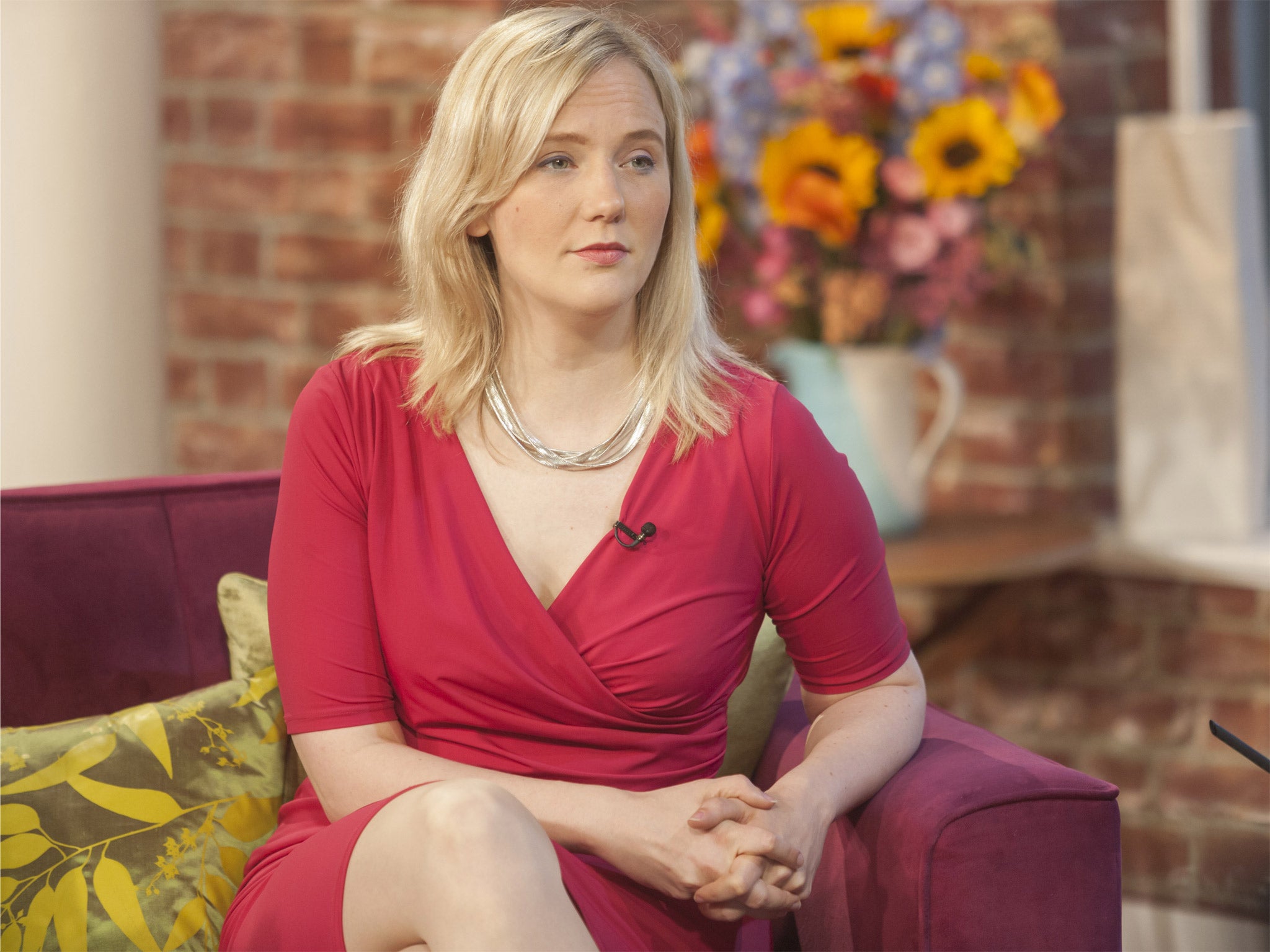Staying silent won't stop Twitter trolls or online abusers. We must continue to speak out
It is important we do not place the blame for the abuse being dished out on Twitter’s shoulders as well. It’s just a company, not a person

Breaking news, everyone: bombs are the new rape. Bucking the trend for threatening to sexually violate those god-awful women who just won’t stop harping on about petty trivialities such as equal pay, reproductive rights and freedom from violence and sexual assault, a small band of brave internet users (operating anonymously, of course) have continued their assault on the pockets of “ugly dykes” terrorizing the UK.
What, they must have asked themselves, scratching their heads, could be worse than raping someone? Giving them a wedgie? Kicking their kitten? Why, bombing them of course!
In an exciting development, many trolls and abusers have also cleverly tapped in to the female psyche and identified that surely the greatest insult of all is to loftily advise a woman that she is so ugly, no man would deign even to rape her. I cannot tell you the number of times my friends and I have of a Sunday morning bemoaned our exasperating inability to attract any eligible rapists the previous night: “I couldn’t get raped last night for love nor money,” we’ll lament. Ladies, we've all been there, am I right?!
After a week of radio silence, Twitter finally took time out of its busy schedule of burying its head in its arse to apologise to victims of online abuse. On Saturday, the company wheeled out its UK boss Tony Wang to tweet (natch) that the abuse the victims have experienced is “simply not acceptable”. Twitter is also thought to hold firm views that Antarctica is a bit nippy and murder is kind of mean. The general consensus is that this statement is simply too little too late.
The company has undoubtedly managed the situation extraordinarily badly and is being rightfully criticized for not having the appropriate systems in place from the outset to protect users. However, it is important we do not place the blame for the abuse being dished out on Twitter’s shoulders as well. It hasn’t bloody got any, for a start, and that’s part of the problem: it’s just a company, not a person.
Twitter is arguably an online microcosm of society today and a glaringly obvious, if somewhat distasteful, upshot of this is that the users posting on the site reflect the views and interests of the people living in the world around us. The people threatening to rape Caroline Criado-Perez, Stella Creasy, Grace Dent and others aren’t just mindless trolls to be dismissed.
Firstly, let’s be clear: when one human being bombards another human being with threats of violence or death, that person is not merely an irritating troll we shouldn’t feed – these threats constitute abuse and that person is exhibiting potentially criminal behaviour.
It is confusing that anyone might be hesitant to class it as such. I nearly got arrested for potentially criminal behaviour when I was 16 and I was only attempting to sneak a measly box of hair dye out of Superdrug, not informing national treasure Mary Beard: “A BOMB HAS BEEN PLACED OUTSIDE YOUR HOME. IT WILL GO OFF AT EXACTLY 10:47PM AND DESTROY EVERYTHING”.
Secondly, we must accept the rather distasteful prospect that these extreme expressions of hatred that horrify the vast majority of us, are in fact simply more concentrated versions of the watered-down (but no less harmful) views shared by many, many more people. If we open our eyes and look around, we can see that such insidious views permeate society.
Twitter undoubtedly facilitates abusers and trolls, as it facilitates everyone in vocalising their thoughts or intentions, whatever they may be. But, if it is our wish to live in a society free of intimidation and abuse, it is the responsibility of each and every individual, online and off, to endeavour to prevent abuse, discrimination and intolerance from occurring and to stand up to it whenever we observe it.
This does not just mean women reporting and challenging those who seek to scare or hurt or silence them through threats (or acts) of violence; young black men objecting to being seven times more likely to be stopped and searched by police than their Caucasian counterparts; Jews fighting the thinly-veiled anti-Semitic attitudes that continue to flourish; Muslims saying, hey, wouldn’t it be nice to see a Muslim character in a Hollywood film whose defining characteristic isn’t that they are a big, angry suicide bomber; gay people campaigning for the basic human right to love and commit to the person they care about most.
It means all of us having the courage, integrity and plain common sense to stand up for what is right instead of looking the other way when a man calls a woman "fucking dyke" when she responds unfavourably to his catcalls in the street, staring at our phones when a fellow passenger mutters “Paki” at somebody getting on the bus, biting our tongues when a friend makes a “Jew joke” we sense is offensive, but don’t want to risk offending the teller by calling them out on it. Don’t stay silent. Try calling them out on it. Risk offending them.
Join our commenting forum
Join thought-provoking conversations, follow other Independent readers and see their replies
Comments
Bookmark popover
Removed from bookmarks